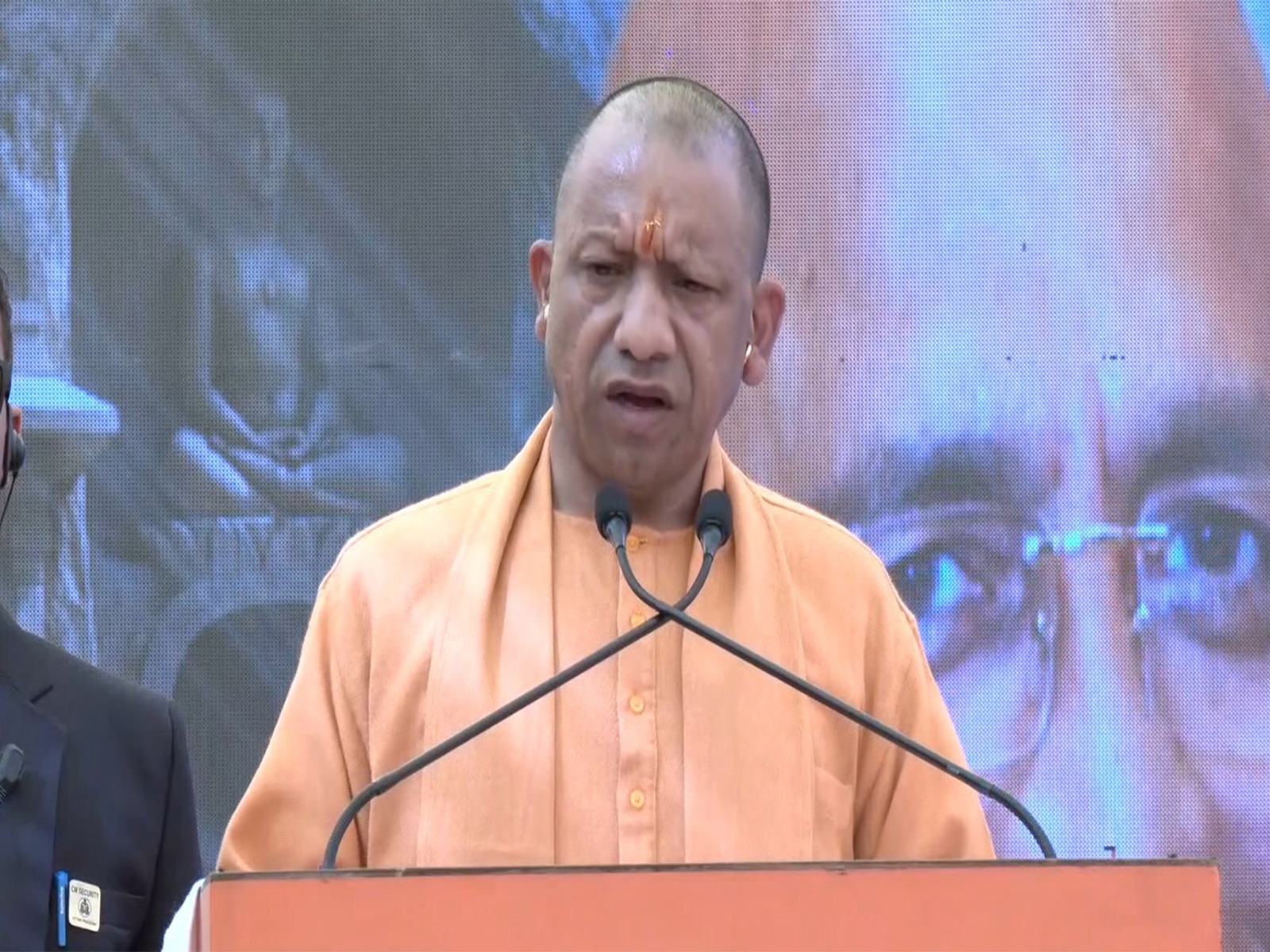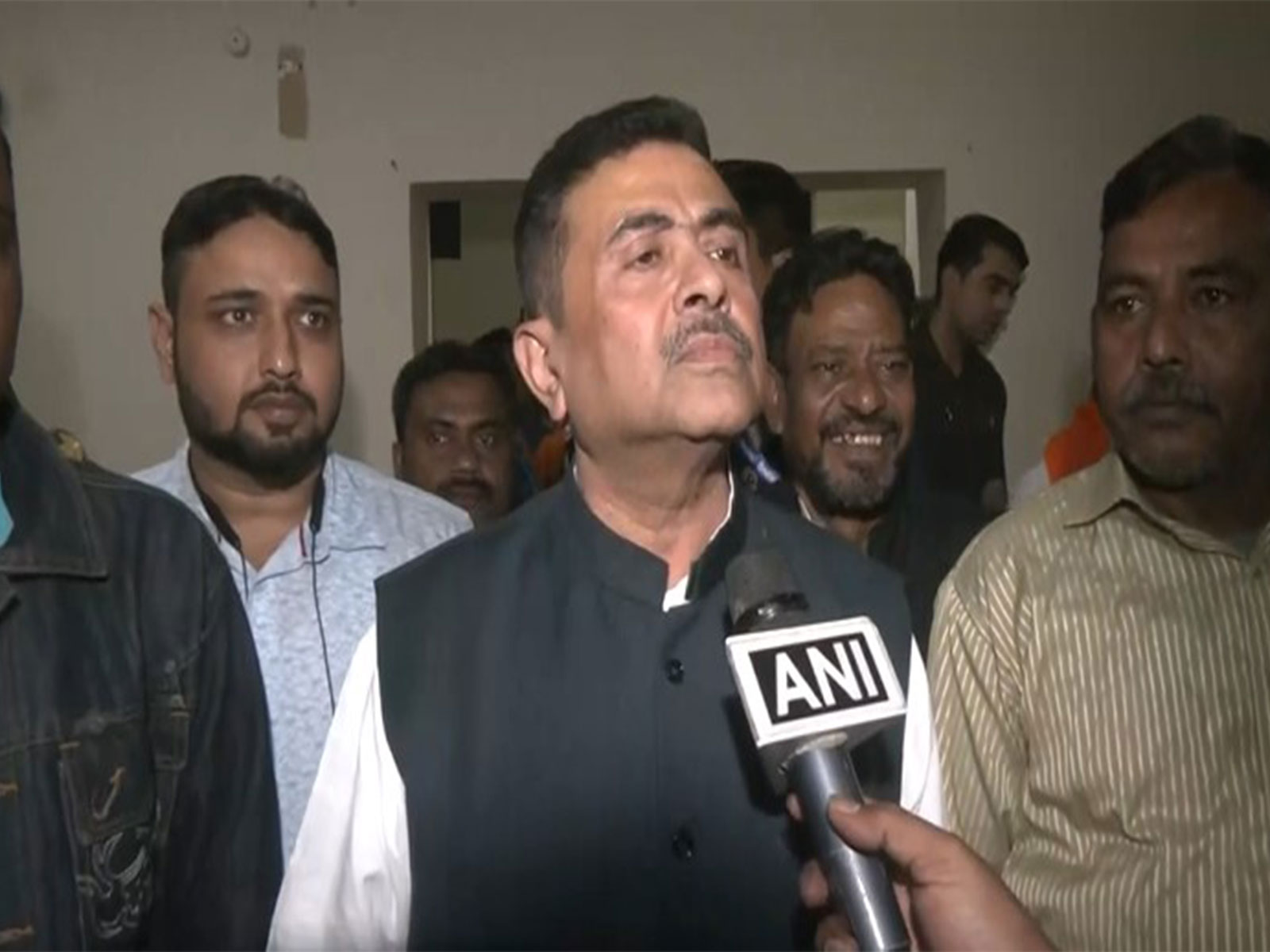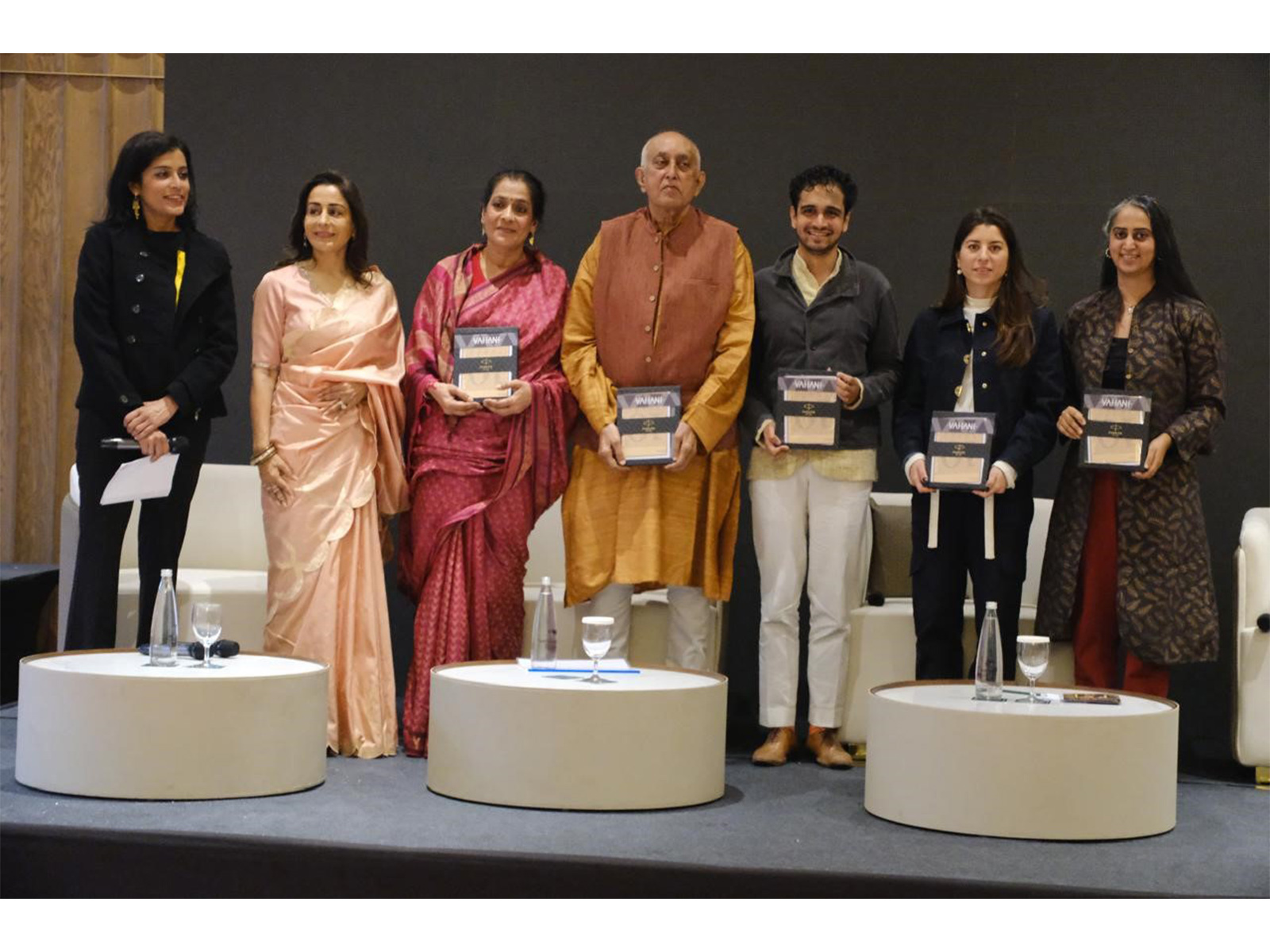40 pc of recovered patients experience post-COVID symptoms: AIG Hospitals survey
Jul 12, 2021

Hyderabad (Telangana) [India], July 12 : As over 3 crore people recover from COVID-19 in India, the incidence of post-COVID symptoms has noticeably increased.
In a pan-India online survey by the Asian Institute of Gastroenterology (AIG) Hospitals, it was revealed that over 40 per cent of the recovered patients said that they are still experiencing post-Covid symptoms. Of all the reported symptoms, weakness/fatigue has been reported the most. Several patients also reported newer symptoms like insomnia, and neuropsychiatric issues among others.
"We were seeing many such post-Covid patients in our hospital but this survey gave us a true picture of this 'Post-COVID Syndrome'. If this is an indication to go by, then we are looking at over 1 crore people in India who have recovered from COVID-19 but are still having certain symptoms," said Dr D Nageshwar Reddy the chairperson of AIG Hospitals.
In the survey, the experts asked about the usage of steroids in the patients during their COVID-19 treatment and found that 74 per cent hospitalised patients received steroids but 34 per cent required oxygen.
"We believe there is some correlation between irrational use of steroids and post-COVID complications because as per the guidelines we are supposed to give steroids to only those COVID patients who require oxygen. Further research will be required to ascertain the steroids," Reddy added.
Narsing Rao, Principal Secretary to the Telangana Chief Minister K Chandrashekhar Rao was the Chief Guest of the occasion.
Lauding the survey for its crucial findings, Rao said, "It is a growing challenge and needs to be addressed immediately from all relevant stakeholders. We are keeping a close eye on this situation as it unfolds. It is commendable on part of AIG Hospitals to come up with such an initiative, a first-of-its-kind dedicated Post-COVID Care Clinic so early and showing the way ahead in managing these Post-COVID cases. It will be important to see what newer protocols will be required for these patients and it is our cumulative responsibility to help in this regard."




















